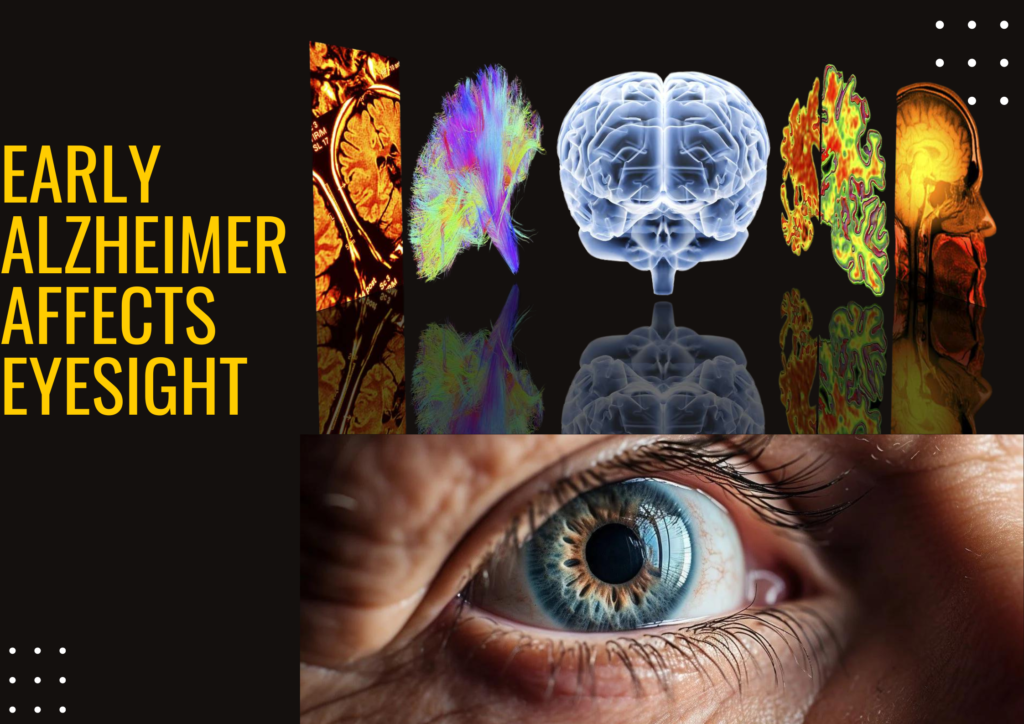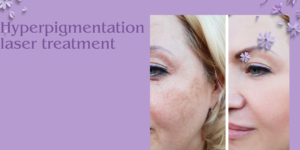
 The world fades, details blur, and colors seem less vibrant. These aren’t just the signs of aging eyes; they could be early warnings of a more significant issue – Alzheimer’s disease. While memory loss is the hallmark symptom of Alzheimer’s, vision problems often fly under the radar. This article delves into the fascinating connection between early Alzheimer’s and changes in vision, helping you understand the link and what to do if you experience them.
The world fades, details blur, and colors seem less vibrant. These aren’t just the signs of aging eyes; they could be early warnings of a more significant issue – Alzheimer’s disease. While memory loss is the hallmark symptom of Alzheimer’s, vision problems often fly under the radar. This article delves into the fascinating connection between early Alzheimer’s and changes in vision, helping you understand the link and what to do if you experience them.
The Intricate Dance Between Eyes and Brain
Vision is far more complex than simply seeing. It’s a symphony of light hitting your retina, translating into electrical signals, and traveling via the optic nerve to the visual cortex in your brain. This dedicated region interprets the signals, constructing the vibrant world you perceive.
Here’s where Alzheimer’s disrupts the harmony. This neurodegenerative disease damages brain cells, and the visual cortex is particularly vulnerable in the early stages. As these cells deteriorate, their ability to process visual information weakens, leading to the vision problems we’ll explore.
Common Vision Changes in Early Alzheimer’s
While vision loss isn’t the primary symptom, several visual issues can manifest in the early stages of Alzheimer’s:
- Depth Perception: Judging distances accurately becomes challenging, increasing the risk of falls.
- Color Vision: Colors may appear dull or washed out, with difficulty distinguishing between similar hues.
- Contrast Sensitivity: The ability to differentiate contrasting objects like dark text on a white background diminishes.
- Peripheral Vision: The side vision weakens, making it harder to navigate busy environments.
- Eye Movement Issues: Difficulty tracking moving objects or flickering lights becomes apparent.
Beyond the Physical: The Cognitive Impact
The impact of Alzheimer’s on vision goes beyond physical changes. The damaged brain cells also affect how you process and interpret visual information. This can lead to:
- Visual Agnosia: Difficulty recognizing familiar objects or faces.
- Visual Neglect: Failing to acknowledge objects or people on one side of the visual field.
- Delusions or Hallucinations: Seeing things that aren’t there, often due to misinterpreting visual stimuli.
Early Detection is Key
While vision problems alone don’t definitively diagnose Alzheimer’s, they can be a crucial piece of the puzzle. Recognizing these changes early allows for seeking medical evaluation and potentially starting treatment to manage the disease progression.
What to Do if You Experience Vision Changes
If you notice any of the vision problems mentioned earlier, it’s vital to schedule an appointment with your ophthalmologist (eye doctor). They will conduct a thorough eye exam to rule out any underlying eye conditions that might be causing the issues. If no other explanation is found, they might recommend consulting your primary care physician or a neurologist to explore the possibility of early Alzheimer’s.
Protecting Your Vision and Brain Health
While there’s no guaranteed way to prevent Alzheimer’s, some lifestyle choices can promote both brain and eye health:
- Maintain a Healthy Diet: Prioritize fruits, vegetables, and whole grains for essential nutrients.
- Regular Exercise: Aim for physical activity most days of the week.
- Challenge Your Mind: Engage in mentally stimulating activities like puzzles or learning a new skill.
- Manage Stress: Chronic stress can negatively impact brain health. Practice relaxation techniques like meditation or yoga.
- Schedule Regular Eye Exams: Early detection of eye issues can help preserve vision and potentially uncover clues about underlying conditions.
Living with Early Alzheimer’s and Vision Problems
If diagnosed with early Alzheimer’s, there are ways to cope with vision changes and maintain a good quality of life:
- Maximize Lighting: Increase light levels in your living space to improve contrast and visibility.
- Use High-Contrast Colors: Opt for bold colors for walls, furniture, and clothing to enhance visual clarity.
- Simplify Your Environment: Remove clutter and unnecessary objects to create a less visually confusing environment.
- Utilize Assistive Devices: Magnifying glasses, brighter computer screens, and contrasting labels can significantly improve everyday tasks.
- Seek Support Groups: Connecting with others experiencing similar challenges can provide valuable emotional support and practical advice.
FAQs: Vision and Early Alzheimer’s
Q: Are vision problems a guaranteed sign of Alzheimer’s?
A: No. Vision problems can arise from various eye conditions. However, experiencing them, especially in conjunction with memory issues, can be a cause for concern. A thorough medical evaluation is crucial for proper diagnosis.
Q: Can vision changes worsen as Alzheimer’s progresses?
A: Vision problems can worsen with the progression of Alzheimer’s. Difficulty interpreting visual information often becomes more pronounced in later stages.
**Q: Are there any treatments available for vision problems caused by Alzheimer’s
Unfortunately, there’s no specific treatment to reverse vision problems caused by Alzheimer’s. However, managing the underlying disease progression can help slow down or stabilize vision decline. Early diagnosis and treatment with medications designed to manage Alzheimer’s may prevent further damage to the visual cortex.
The Future of Vision and Alzheimer’s Research
Research in this area is ongoing, with scientists exploring several promising avenues:
- Biomarkers in the Eye: Studies are investigating whether specific markers in the eye can be used for early detection of Alzheimer’s. These markers might be protein deposits or changes in blood flow patterns within the eye.
- Neuroprotective Therapies: New medications are being developed to protect brain cells from further damage, potentially slowing the decline of vision and other cognitive functions.
- Visual Rehabilitation: Researchers are exploring vision rehabilitation techniques to help individuals with early Alzheimer’s cope with vision changes and maintain daily activities. This could involve training exercises to improve visual processing or learning to use assistive devices more effectively.
Conclusion
While vision problems associated with Alzheimer’s can be daunting, early detection and management strategies can significantly improve the quality of life. By being aware of the potential link and taking proactive steps to maintain brain and eye health, individuals can empower themselves to face the challenges ahead. Remember, you’re not alone on this journey. Support groups, healthcare professionals, and ongoing research provide valuable tools to navigate the complexities of early Alzheimer’s and protect your visions – both of the mind and the world around you.
Disclaimer
This information is for educational purposes only and should not be construed as medical advice. Please consult with a qualified healthcare professional for personalized guidance regarding any vision problems or concerns about Alzheimer’s disease.
Table of Contents
SEARCH HERE
CATEGORIES
RECENT POSTS



Advanced Mitochondrial Formula 2025: Can It Truly Recharge Your Energy Levels?

The Truth About Aquaponics 4 You (2025): Does It Actually Work?




Hepato Burn Supplement Review: What You Need to Know Before Buying



“The Ultimate Guide to Papillex: Natural Immune Support for HPV Relief”



Slim Down Naturally: The Truth About Plant-Based Fat Burner That Actually Work

TedsWoodworking Review 2025: Is It Worth It for Your DIY Projects?




“Immunotherapy vs. Chemotherapy: A New Era in Cancer Treatment”





“The Ultimate Guide to Hyperpigmentation Laser Treatment in 2025”


Is UV 7 Good for Tanning? What You Need to Know Before You Glow


Planning a Trip from New Windsor to Grand Canyon? Here’s What to Know

